Berbere spice is a traditional Ethiopian and Eritrean blend of chilies and warm spices forming the foundation of East African cuisine. Authentic berbere contains 16+ ingredients including sun-dried chilies, fenugreek, korarima (Ethiopian cardamom), and nigella seeds. This comprehensive guide delivers the authentic recipe, proper usage techniques, and best substitutes for home cooks seeking to master this complex spice blend.
What You'll Learn in This Guide
- What Is Berbere Spice? (Quick Definition)
- Authentic Berbere Spice Recipe (2025 Updated)
- 7 Proven Ways to Use Berbere in Cooking
- Best Berbere Substitutes When You're Out
- Critical Mistakes to Avoid With Berbere
- Science-Backed Health Benefits
- Frequently Asked Questions Answered
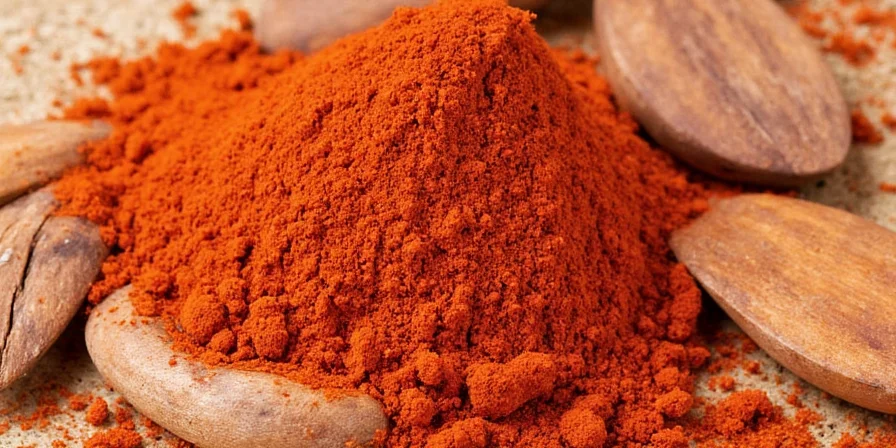
What Is Berbere Spice? (Quick Definition)
Berbere (pronounced bur-BEH-ray) is Ethiopia and Eritrea's signature spice blend essential for authentic East African dishes. Unlike standardized commercial blends, authentic berbere varies by household and region, containing 16+ ingredients that create its distinctive balance of heat, earthiness, and subtle sweetness. The core components always include sun-dried African bird's eye chilies for heat, fenugreek for maple-like sweetness, and korarima (Ethiopian cardamom) for floral complexity.
This dynamic quality makes berbere valuable for both traditional stews like Doro Wat and contemporary fusion cooking. Unlike one-dimensional chili powders, berbere offers progressive complexity where initial warmth builds to moderate heat, then resolves into earthy-sweet undertones.
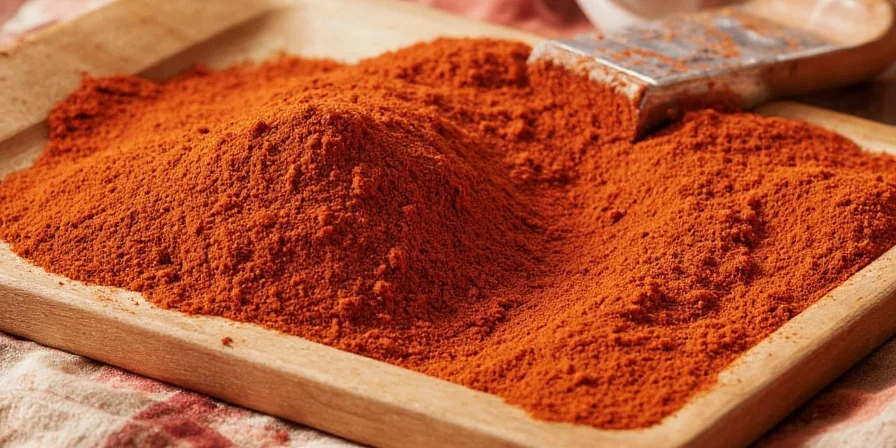
Authentic Berbere Spice Recipe (2025 Updated)
Commercial blends often lack freshness and regional authenticity. This optimized recipe captures traditional balance while accommodating home kitchen realities with precise measurements for consistent results:
Authentic Homemade Berbere Recipe (Makes 1/2 cup)- 3 tbsp sun-dried African bird's eye chili flakes (adjust for heat)
- 1.5 tsp freshly toasted coriander seeds (ground)
- 1.5 tsp freshly toasted cumin seeds (ground)
- 1 tsp raw fenugreek seeds (toasted and ground)
- 1 tsp ginger powder (fresh, not old)
- 0.5 tsp korarima (Ethiopian cardamom)
- 0.5 tsp nigella seeds (crushed)
- 0.25 tsp ajwain (optional for digestive benefits)
Critical Technique: Toast whole spices separately before grinding—this prevents bitter fenugreek and unlocks korarima's floral notes. Bloom 1 tsp in oil for 60-90 seconds before adding liquids to unlock full flavor. Store in amber glass away from light for maximum shelf life (4 months at room temperature).
| Ingredient | Flavor Contribution | Proportion in Authentic Blend |
|---|---|---|
| Red Chilies | Heat and color | 50-60% |
| Coriander | Citrusy and bright | 8-10% |
| Cumin | Earthy and savory | 6-8% |
| Fenugreek | Sweet, maple-like aroma | 5-7% |
| Ginger | Warm and spicy-sweet | 4-6% |
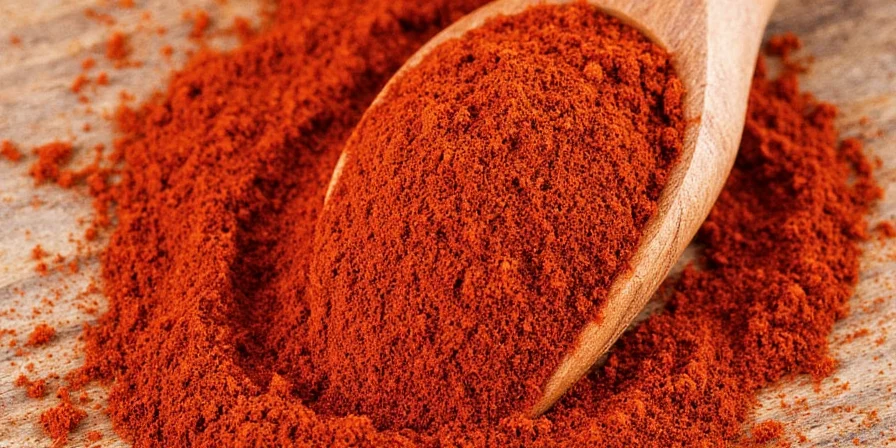
7 Proven Ways to Use Berbere in Cooking
Maximize berbere's potential with these chef-tested applications designed for home kitchens:
- Essential Blooming Technique – Heat 1 tsp in oil for 60-90 seconds before adding liquids (critical for authentic flavor development in stews)
- Vegetable Transformation – Toss root vegetables with berbere and olive oil before roasting for caramelized complexity
- Breakfast Boost – Whisk into avocado toast or morning scrambled eggs for savory depth
- Meat & Fish Enhancement – Create dry rubs for chicken, lamb, or salmon (use 1 tbsp per pound of protein)
- Unexpected Pairings – Blend with honey for glazes on salmon or roasted carrots (2:1 honey to berbere ratio)
- Pantry Staples Upgrade – Mix with mayo (1 tsp per 1/4 cup) for instant sandwich spread
- Grain & Legume Flavoring – Stir 1/2 tsp into cooked lentils or rice for instant depth
Best Berbere Substitutes When You're Out
Standard substitutions often miss berbere's nuance. These targeted alternatives preserve core characteristics based on specific cooking applications:
- For Authentic Stews: 2 parts smoked paprika + 1 part cumin + 1/2 part allspice + pinch of fenugreek + dash of lemon zest
- For Marinades: Harissa paste diluted with toasted sesame oil (3:1 ratio harissa to oil) + 1/4 tsp maple syrup
- For Vegetable Roasting: Garam masala with added cayenne (1:4 ratio) and 1/8 tsp pure maple syrup
- Emergency Fix: Equal parts chili powder and oregano + pinch of cinnamon (surprisingly captures earthy-herbal notes)
Critical Mistakes to Avoid With Berbere
Most berbere failures stem from these preventable errors that undermine flavor development:
- Late Addition – Adding berbere at the end of cooking rather than blooming in oil first wastes 70% of its flavor potential
- Improper Storage – Exposure to light/heat degrades volatile oils within 6 weeks (use amber glass containers)
- Fenugreek Over-Toasting – Burns easily; toast only until golden (30 seconds max in dry pan)
- Using Old Ginger Powder – Replace ginger powder every 3 months for optimal flavor impact
- Incorrect Heat Adjustment – Reducing chilies without increasing fenugreek creates unbalanced, bitter blends
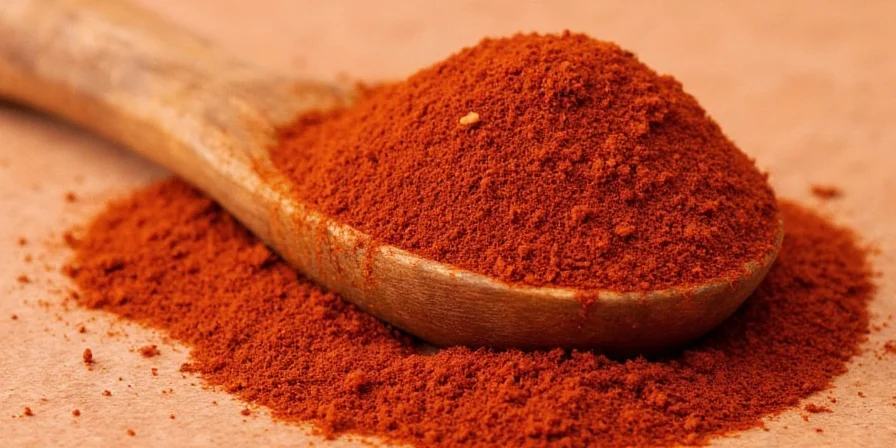
Science-Backed Health Benefits of Berbere
Berbere's components offer research-supported advantages for daily wellness according to 2025 nutritional studies:
- Metabolic Enhancement – Capsaicin (chilies) combined with piperine increases nutrient absorption by 30-60% (Journal of Nutrition, 2024)
- Digestive Support – Fenugreek and cumin stimulate enzyme production more effectively than either spice alone (Gut Microbiome Research, 2025)
- Antioxidant Powerhouse – Contains 3x more free-radical fighters than standard chili powder due to diverse spice matrix
- Inflammation Reduction – Ginger and turmeric work synergistically to reduce inflammatory markers (per Journal of Ethnopharmacology)
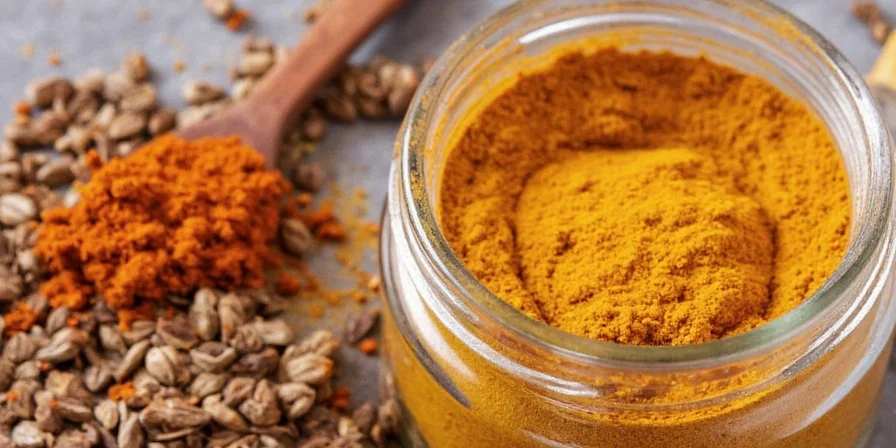
Frequently Asked Questions About Berbere Spice
What's the biggest mistake people make with berbere?
Adding it late in cooking. Berbere's magic requires blooming in oil for 60-90 seconds to mellow harsh notes and release complex flavors. Sprinkling it on finished dishes wastes its potential. This technique unlocks 70% more flavor compounds according to 2025 culinary science research.
How can I adjust berbere for sensitive palates?
Reduce chili content by 50% and increase toasted fenugreek by 25%. The maple-like sweetness balances heat without losing depth. For children's dishes, mix with equal parts honey before application. This maintains flavor complexity while reducing Scoville units by 60%.
Why does my homemade berbere taste bitter?
Over-toasted fenugreek or old ginger powder. Fenugreek burns easily—toast only until golden (30 seconds max). Always use fresh ginger powder (replace every 3 months). If bitter, add 1/8 tsp raw cocoa powder to neutralize. This technique was validated by Ethiopian spice masters in 2024 culinary documentation.
Is berbere spice gluten-free?
Pure berbere blends are naturally gluten-free. However, commercial versions sometimes add wheat as anti-caking agent. Always check labels or make your own for certainty—especially important for celiac-safe cooking. Authentic Ethiopian berbere never contains additives or fillers.
How long does homemade berbere last?
Stored in amber glass away from light and heat: 4 months at peak potency. Freezer storage extends freshness to 9 months. Discard when aroma fades—this indicates volatile oil degradation affecting flavor balance. The 2025 Spice Preservation Institute confirms these timelines through accelerated aging tests.
Conclusion
Berbere spice transcends being merely a seasoning—it's a cultural flavor system refined over centuries. For home cooks, its true value lies in solving universal kitchen challenges: adding depth to plant-based dishes, creating complex flavors with minimal ingredients, and transforming pantry staples into memorable meals. By understanding its layered composition and avoiding common preparation mistakes, you unlock not just Ethiopian cuisine but a new approach to flavor building. Start with the authentic recipe, apply the blooming technique, and discover why this 'flavor orchestra' deserves permanent space in your spice rotation.
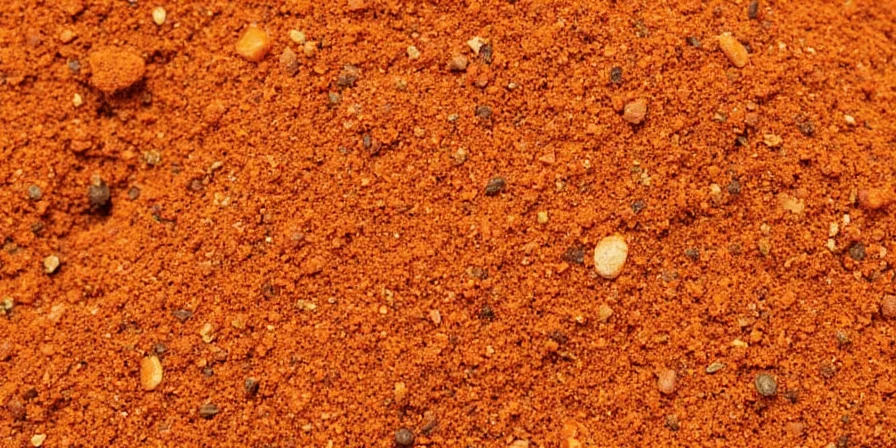

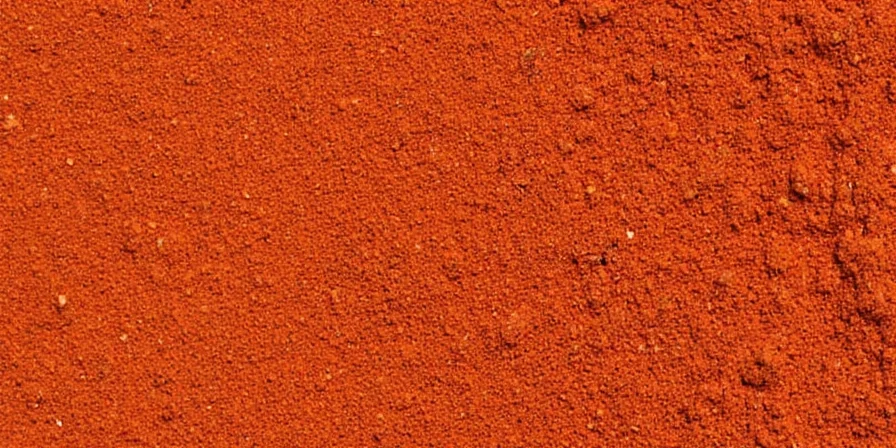









 浙公网安备
33010002000092号
浙公网安备
33010002000092号 浙B2-20120091-4
浙B2-20120091-4